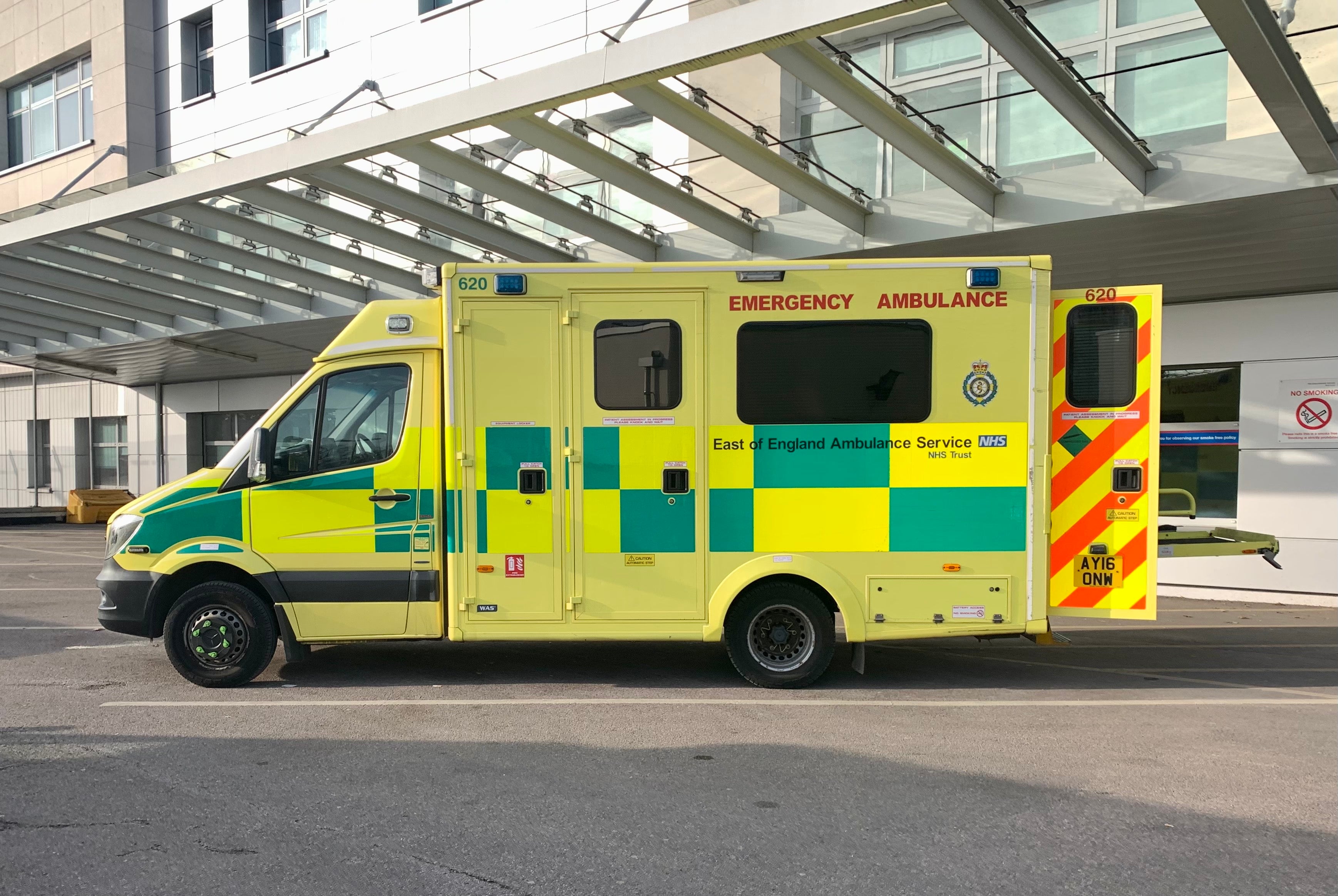UK ambulance services targeted by Russian hackers
Group targets a key supplier to the crucial Ambulance Radio Programme

Your support helps us to tell the story
From reproductive rights to climate change to Big Tech, The Independent is on the ground when the story is developing. Whether it's investigating the financials of Elon Musk's pro-Trump PAC or producing our latest documentary, 'The A Word', which shines a light on the American women fighting for reproductive rights, we know how important it is to parse out the facts from the messaging.
At such a critical moment in US history, we need reporters on the ground. Your donation allows us to keep sending journalists to speak to both sides of the story.
The Independent is trusted by Americans across the entire political spectrum. And unlike many other quality news outlets, we choose not to lock Americans out of our reporting and analysis with paywalls. We believe quality journalism should be available to everyone, paid for by those who can afford it.
Your support makes all the difference.Russian hackers have targeted ambulance services as part of a wider cyber campaign to cause “mayhem” on British streets.
The attack by a Kremlin-backed hacking network was aimed at key suppliers to UK Ambulance Services over the last 12 months.
It comes after MI5 director Ken McCallum warned the UK would see “continued acts of aggression” from Russia during the ongoing war in Ukraine.
The hackers were able to target a key supplier to the Ambulance Radio Programme (ARP), which connects ambulances to the NHS and other emergency responders, the i newspaper reported.
It is believed to form part of a new Russian cyberwarfare campaign dubbed by UK intelligence sources “Cyber Wagner”, in reference to the hardline Russian mercenary group run by the late Yevgeny Prigozhin.

This week, Mr McCallum said Moscow had stepped up its attacks on the UK despite the majority of diplomatic staff being expelled, with the Russian intelligence service, the GRU, being primarily responsible.
He said the GRU was on a “sustained mission to generate mayhem on British and European streets” with “arson, sabotage and more”.
“The UK’s leading role in supporting Ukraine means we loom large in the fevered imagination of Vladimir Putin’s regime, and we should expect to see continued acts of aggression here at home,” he said.
In June, the former chief executive of the National Cyber Security Centre said a Russian cybercrime group was behind a ransomware attack that affected major London hospitals.
Ciaran Martin, a cybersecurity expert, said the attack on pathology services firm Synnovis had led to a “severe reduction in capacity” and was a “very, very serious incident”.
Asked on BBC Radio 4’s Today programme whether it is known who attacked Synnovis, Mr Martin said: “Yes. We believe it is a Russian group of cyber criminals who call themselves Qilin.
“These criminal groups – there are quite a few of them – they operate freely from within Russia, they give themselves high-profile names, they’ve got websites on the so-called dark web, and this particular group has about a two-year history of attacking various organisations across the world.
“They’ve done automotive companies, they’ve attacked the Big Issue here in the UK, they’ve attacked Australian courts. They’re simply looking for money.”
The Health Department was approached for comment.
Join our commenting forum
Join thought-provoking conversations, follow other Independent readers and see their replies
Comments